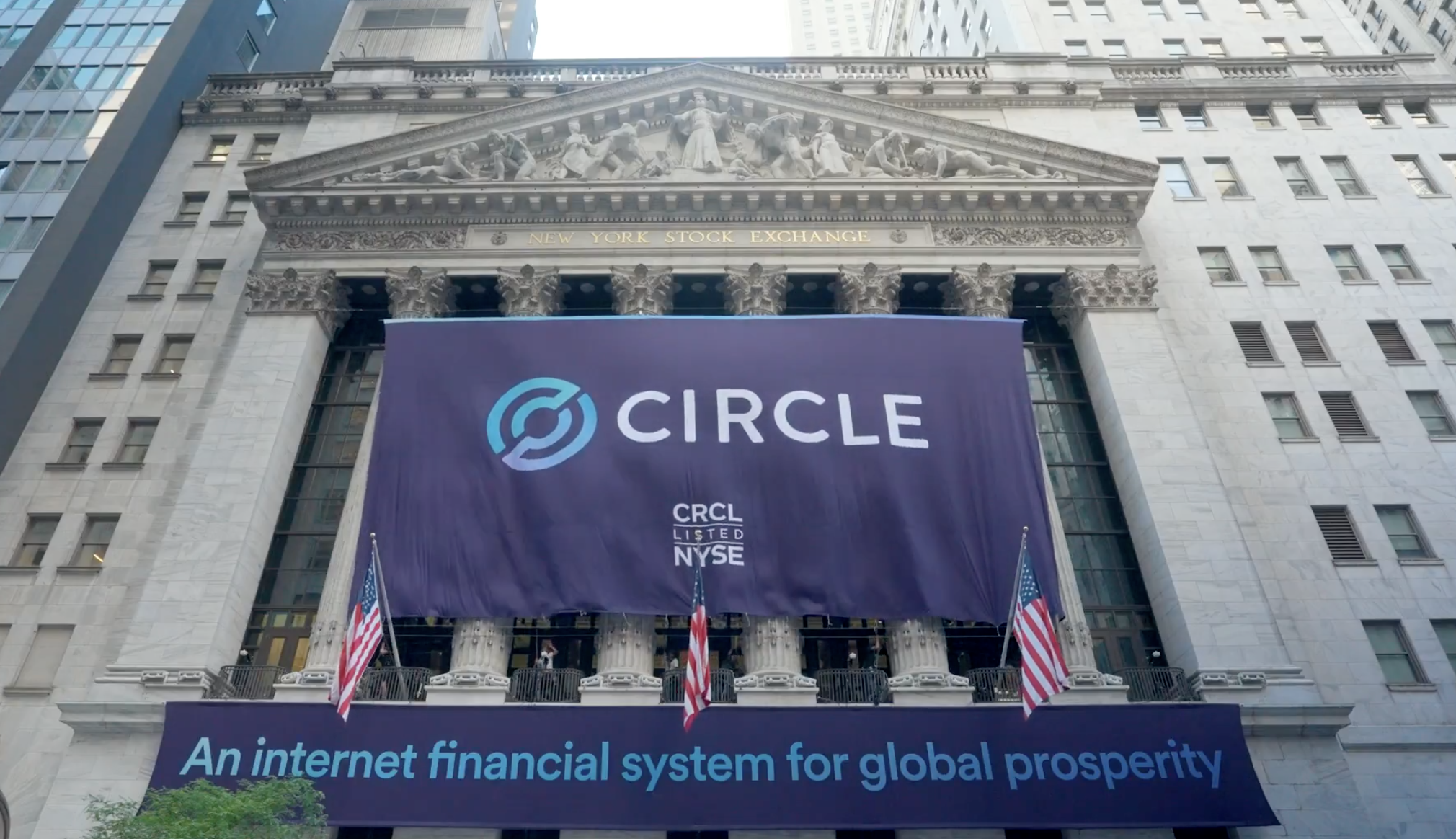Solana Foundation Partners with Dubai's VARA in Regulatory Collaboration Deal



The Solana Foundation has formalized a partnership with Dubai's Virtual Assets Regulatory Authority (VARA) through a memorandum of understanding that signals growing cooperation between blockchain platforms and regulatory bodies in the UAE.
The agreement, signed by Solana Foundation president Lily Liu and VARA CEO Matthew White, establishes a framework for collaboration across several key areas that could influence how crypto projects develop and operate within Dubai's regulatory environment.
Solana Foundation just signed an MOU with VARA, Dubai’s Virtual Assets Regulatory Authority. It sets the stage for deep collaboration between crypto builders and regulators:
— Solana (@solana) June 3, 2025
> Talent development programs
> Sharing economic impact + sector data
> Workshops + advisory sessions for… pic.twitter.com/vFXCDqzkZx
According to a post on X, the MOU outlines four main areas of cooperation that reflect both parties' interests in fostering sustainable blockchain development while maintaining regulatory oversight: regulatory education, the Solana Economic Zone, talent development, as well as data sharing.
Dubai's Regulatory Approach
The partnership reflects Dubai's increasingly proactive stance toward crypto regulation. Rather than waiting for the industry to mature before establishing frameworks, VARA has been engaging directly with major blockchain platforms to shape regulatory approaches collaboratively.
This engagement model contrasts with regulatory approaches in some other jurisdictions, where authorities have taken more adversarial positions toward crypto projects. Dubai's willingness to work with specific blockchain ecosystems suggests confidence in its ability to balance innovation with oversight.
For Solana specifically, the partnership provides regulatory clarity in a key Middle Eastern market while potentially serving as a model for similar agreements in other jurisdictions. The Foundation's emphasis on supporting founders and teams indicates recognition that regulatory partnerships can become competitive advantages for blockchain platforms.
As Dubai continues positioning itself as a crypto-friendly jurisdiction, partnerships like this one between established blockchain platforms and regulatory bodies may become increasingly common, offering a template for productive industry-regulator relationships in other markets.

Circle Stock Surges 168% in Blockbuster NYSE Debut as Stablecoin Giant Goes Public
The stablecoin issuer's shares closed at $83.23, marking the crypto industry's second-largest public...

Inside Hyperliquid's Technical Architecture
Hyperliquid solved blockchain's speed problem with a smart two-layer design. It's as fast as central...

JP Morgan Embraces Bitcoin as Collateral
The move marks the latest effort by major US banks to embrace cryptocurrency following regulatory ch...

